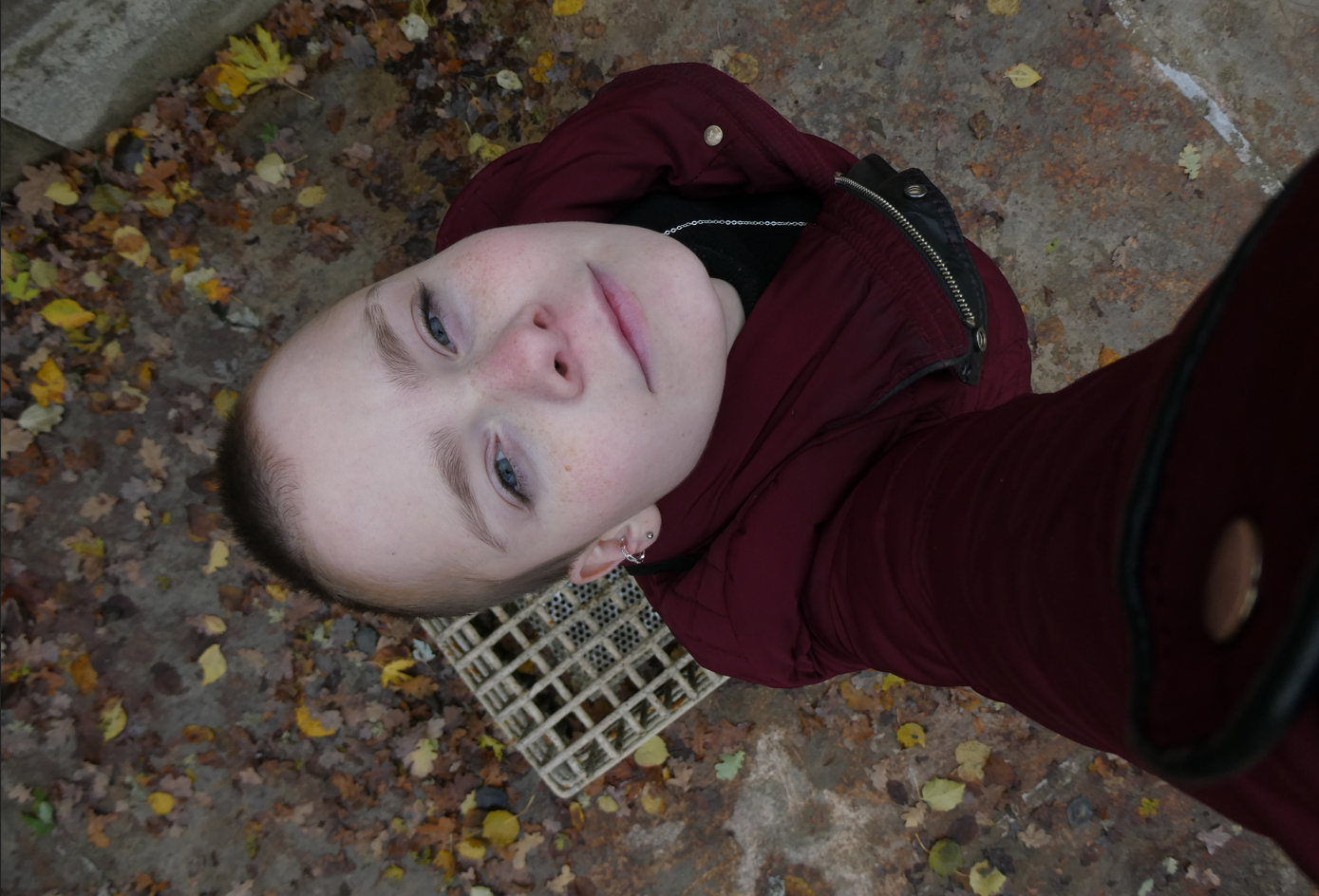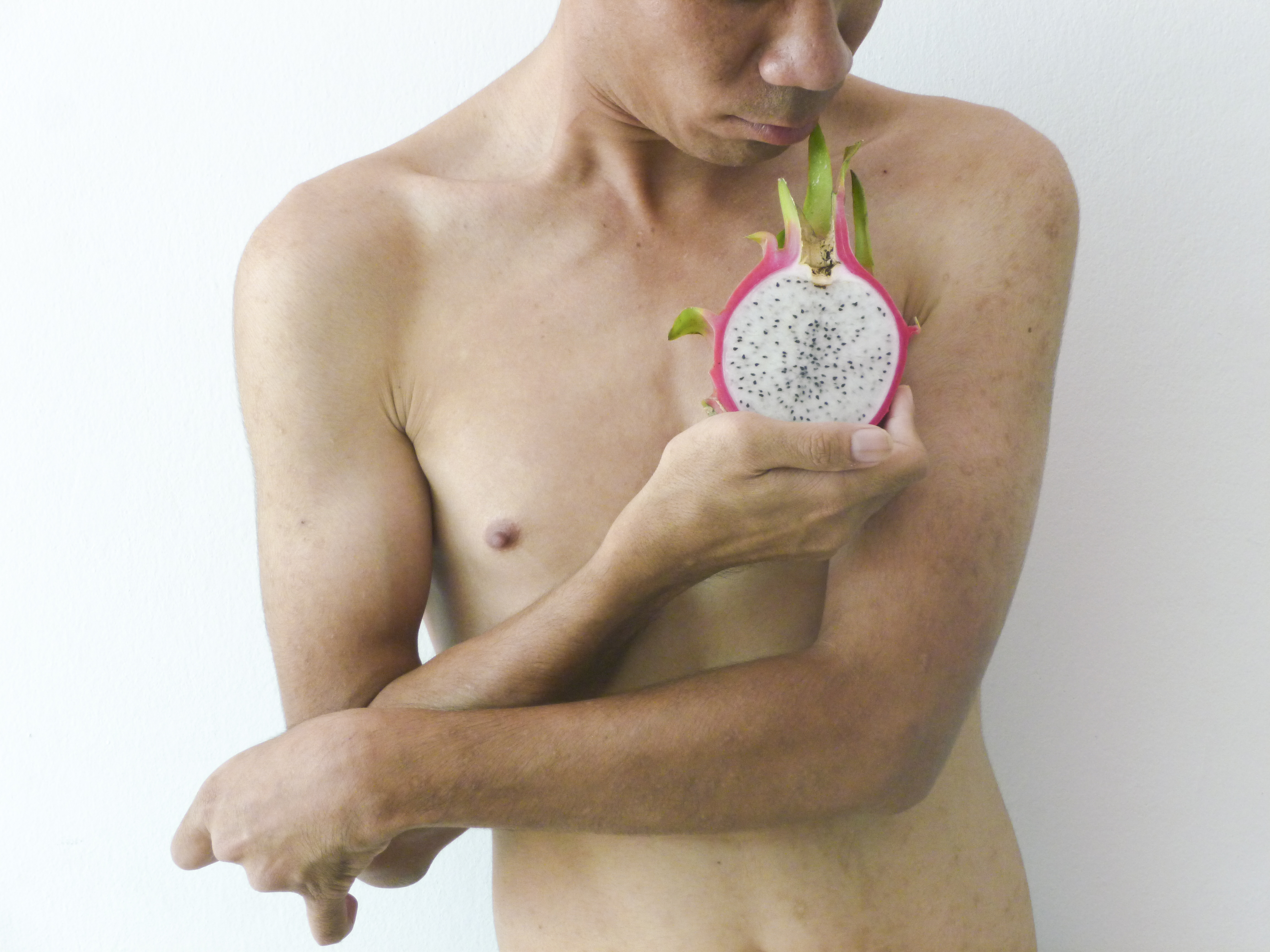UCGHI would like to honor one of the UC’s leading Fogarty scholars, Dr. Zunyou Wu, who was an adjunct professor of Epidemiology at UCLA and recently passed away. Dr. Wu was an instrumental figure with 30 years of experience leading HIV prevention, treatment, and health policy work in China and beyond.
December 1st marked the 35th Anniversary of World AIDS Day, which was launched in 1988 when the HIV/AIDS (human immuno-deficiency virus/acquired immunodeficiency syndrome) crisis was at its height. In 1988 an HIV diagnosis was considered a death sentence. Since then, much has changed. The evolution of antiretroviral drugs (ART)–medications keeping viral loads low–has largely made HIV a chronic illness for those with access to treatment. This year’s World AIDS Day theme, Remember and Commit, offers an opportunity to honor the lives lost to HIV/AIDS while continuing to commit to the crisis that is still very much alive. There are still 39 million people globally living with HIV and still 9.2 million of those people who do not have access to antiretroviral treatment.
The commitment to ending the HIV epidemic is alive and well across the world. Many University of California researchers are leading the way in education and research using innovative prevention, treatment, and adherence modalities.
Fighting Stigma through Art
In 1985, David Gere, PhD, moved to San Francisco as an arts critic and journalist where he witnessed the power of art and storytelling in the context of the HIV crisis. Currently he is the founding director of the UCLA Art & Global Health Center and professor in the UCLA Department of World Arts and Cultures/Dance. In 2004 on a Fulbright Fellowship in India, Dr. Gere saw how transformative art was in education, seeing stories told through puppetry, music, television, film, dance, and visual arts. Through art, stories and education come alive and become memorable and impactful. “We wanted to fight stigma, we wanted to resist it,” says Dr. Gere. “The most important way that we know how to do that is through storytelling.” As such, Dr. Gere integrated these ideas into the UCLA Art & Global Health Center, which was founded in 2006 with the goal to reinvent sexual health education and to challenge preconceived notions of health.
One of the Center’s flagship programs, Through Positive Eyes, has sought to tell stories of people living with HIV/AIDS in a transformative way. Since 2007, in partnership with South African photographer Gideon Mendel, the project and exhibit have traveled around the world to tell stories of people living with HIV from Seattle to Rio de Janeiro, Los Angeles to Mumbai, Washington, D.C. to Bangkok, and most recently to Berlin to tell the stories of Ukrainians living with HIV. The project has evolved from UCLA students holding the camera to the participants holding the camera themselves, giving them power to tell their own story. “When people feel empowered, they’re in control and they make better decisions about their lives,” he says. “They're telling stories that they want to share.”
Additionally, the Center is using the power of humor in sex education through the UCLA Sex Squad (or Sex-Ed Squad). Since 2009 a group of UCLA undergraduate students challenges the taboo topic of sex through storytelling and theater for high school students. UC Global Health Day 2024 will include a performance by the Sex Squad and a mini exhibit of Through Positive Eyes.
Dr. Gere is seeing an evolution in stigma as well as the stories. “The stories are shifting over time,” he says, “as stigma decreases.”



Innovation for HIV Treatment through Family Planning Clinics
Nearly 30 years ago while living and working in Kenya, UC San Francisco Obstetrics and Gynecology professor, Craig Cohen, MD, MPH was witnessing the grave impact HIV/AIDS was having on the local communities and connected with Elizabeth Bukusi, MBChB, MD, MPH, PhD at the Kenya Medical Research Institute (KEMRI). They collaborated to find scalable solutions to the HIV crisis which led to a decades-long friendship and scientific collaboration and to the establishment of the Family AIDS Care and Education Services (FACES) funded by the U.S. President’s Emergency Plan for AIDS Relief (PEPFAR).
By 2016, FACES had expanded and supported 63 Ministry of Health facilities in Kisumu County in Western Kenya. The most recent successes included FACES’ innovation of the treatment of HIV/AIDS patients in the form of an integrated model where HIV care was integrated with comprehensive family planning services versus being provided in separate clinics. This “one-stop shop” approach resulted in a significant increase in the use of contraception and a 28% reduced risk of unplanned pregnancies among Kenyan women of reproductive age. Additionally, between 2016 and 2022, FACES conducted 1.7 million HIV tests and supported over 55,000 people living with HIV with life-saving antiretroviral treatment (ART) leading to over 95% viral load suppression.
FACES also worked at the intersection of food insecurity and HIV through a transdisciplinary approach in partnership with Kickstart International creating Shamba Maisha. The farming intervention brought in not only health workers, but also farmers, economists, social scientists, nutritionists and more to improve the health of HIV affected communities. The Shamba Maisha intervention led to improvements in mental health, women’s empowerment, reduced stigma, food security and nutrition among adults living with HIV, and in improved growth in their young children that are described in 17 publications. The team is planning a similar new study in pregnant women to improve birth outcomes, and infant growth and nutrition.
At UCSF, the research at FACES continues and has evolved to become Fostering Advances through Collaboration, Education & Science and funded through grants and philanthropy. You can read more about FACES nearly two decades of work in Kenya here.
HIV Treatment and Prevention among Sex Workers and People Who Use Substances
As an infectious disease epidemiologist and distinguished professor in the UC San Diego School of Medicine, Steffanie Strathdee, PhD was always interested in HIV prevention within marginalized communities, so she joined her husband, Thomas Patterson, PhD, also a researcher at UCSD, in conducting research at the intersection of HIV prevention and substance use with sex workers in Tijuana, Mexico.
Dr. Strathdee and her colleagues designed a research intervention using motivational interviewing–an evidence-based approach to behavior change that allows for a bi-directional flow of communication and a decisional balance to help people make safer choices that promote their health–to reduce both sexual and injection risks among female sex workers that were actively injecting drugs in Northern Mexico. “We trained former sex workers to actually deliver the intervention,” says Dr. Strathdee. These interventions have led to other advances globally where other researchers use a similar model.
The Intersection of Geography and HIV/AIDS
As a demographer focusing on HIV/AIDS, professor of geography at UC Santa Barbara, Susan Cassels, PhD, MPH says, “It's so important to acknowledge that context matters.” And that’s where geography can help in the study of HIV. “The places in which people live, work, and play restrict behaviors, but also affect the health consequences of behaviors,” she says. “There are so many ways to think of geographic drivers of HIV: access to care and prevention, but also the upstream distal determinants such as housing insecurity and racism, which drive structural inequities leading to things like disparate HIV outcomes.”
Dr. Cassels has studied HIV and migration and most recently, she is studying “hotspots” where HIV risk might take place, such as locations of last drug use or sexual encounter. Preliminary results of their study with 217 sexual minority men (SMM) in Los Angeles County suggest distinct patterns of activity spaces among Black and Hispanic SMM. This work was motivated by her past qualitative work, which found that “where they live their lives isn’t really where they sleep at night” for many of the participants. Dr. Cassels also worked on a qualitative study to understand the intersection between physical geography and social environments among Hispanic gay-identifying men in San Bernardino, CA. The physical environment refers to the qualities of the location in which sex or substance use might take place–whether in underground or above ground networks. The social environments are focused on the community around which the study participants were in and whether they felt isolated or supported. Dr. Cassels and her team argue that assessing how social and physical environments are connected can help target effective interventions.
The work of Dr. Cassels and her colleagues paint a clearer picture of the geographic context of HIV among SMM in urban areas and, therefore, helps inform interventions that take into account the social and geographic barriers of HIV care.
Aging and HIV
UC Riverside professor in the Department of Social Medicine, Population and Public Health Brandon Brown, PhD, MPH wants the communities living with, at risk of, and/or affected by HIV to lead collaborative research in HIV prevention and treatment. “While working outside the traditional academic space is more complicated than me just going out and doing research on my own,” says Dr. Brown, “it’s partnering with a community that leads to real world change.” That partnership most recently came in the form of Jeff Taylor, the Executive Director of the HIV+Aging Research Project Palm Springs.
That partnership led to the creation of a virtual community that the community dubbed a “virtual village” and called Positive Connections 50+ (PC50+) during the early COVID-19 pandemic that offered a space for community and connection for people 50 and over living with HIV during a time of increased isolation. Piloted in Palm Springs, Los Angeles, and Tampa Bay, FL, they set up the virtual space on the Discord app where participants could interact with each other individually via chat or video, or in group forums. “Even though it was a short pilot, over a couple of months, we saw connections happen both in and out of the app, sharing of resources, and a sense of community” says Dr. Brown. “The next step is we're going to build on what we have learned, test through a multiple validated quantitative assessment of whether the virtual connections lead to long-term changes in isolation and mental health wellness. We will also be using a more user-friendly web platform to enhance participation, retention, and impact, and integrating a low-intensity psychological intervention for mental health. And then we will take the lead from the community on what we should do next.”
Innovations in Prevention
One of the major developments over the last decade of HIV research is the introduction of pre-exposure prophylaxis (PrEP). The concept of PrEP is similar to contraceptives or malaria prophylaxis where someone at risk of contracting HIV will take prophylactic medication to prevent a condition or a disease. HIV and infectious disease clinician, Raphael Landovitz, MD, MSc has been a part of PrEP research for much of that time. “For me, the future is expanding this portfolio of products that give people choices for how they want to prevent HIV,” he says. Landovitz was part of an NIH-funded team that studied a bimonthly injectable version of PrEP that showed high levels of efficacy against HIV infection across populations at highest risk.
Dr. Landovitz noted the importance of expanding PEPFAR to increase the reach of treatment for those living with HIV and access to PrEP globally. “I would like to see these incredible successes translated into the transformative and game-changing interventions they could be,” he says lamenting the lack of funding dedicated to the global distribution of PrEP. “It's a repeated reminder and call to action that we’re not done,” he says. “I think, with so many other competing catastrophes in the world, it's easy to forget that HIV/AIDS still is a huge problem and it's not over. We still need to be engaged, and focused, and angry; demanding progress and change, and demanding of political will and resources.”
This is but a snapshot of the expanse of work around HIV prevention, treatment, and education across the UC system. Learn more about the global HIV research our UCGHI community is working on including the following:
- Former UCGHI Director, Dr. Tom Coates’, global work in HIV testing and community-level prevention interventions.
- UCGHI Co-Vice Chair of the Executive Committee, Dr. Eric Goosby’s, leadership with the Ryan White CARE Act and PEPFAR.
- UCGHI Center for Gender and Health Justice Co-Director, Dr. Dallas Swendeman’s, research with HIV prevention with sex workers in India.
- UCGHI Center for Gender and Health Justice Associate Director, Dr. Jennifer Wagman’s, work with HIV prevention in Uganda.
- UCGHI GloCal UCLA Principal Investigator, Dr. Sung-Jae Lee’s work with the Fogarty AIDS Training Program in Thailand, Myanmar, Cambodia, and Vietnam.
- UCGHI member, Dr. Phillip Berman’s, work and research in developing a safe and effective AIDS vaccine.
